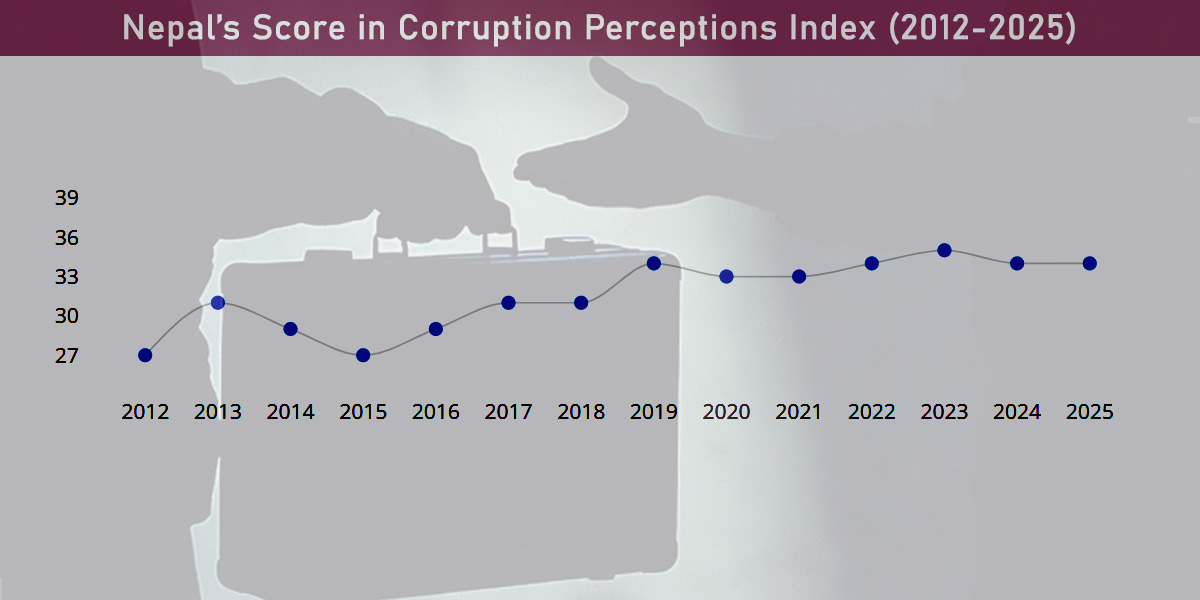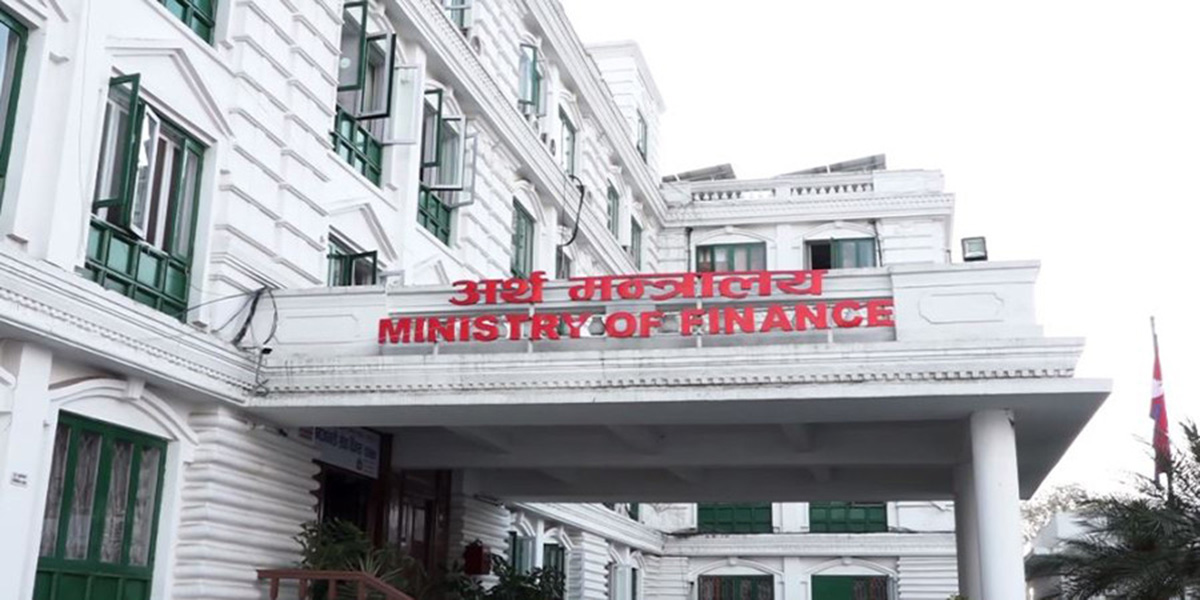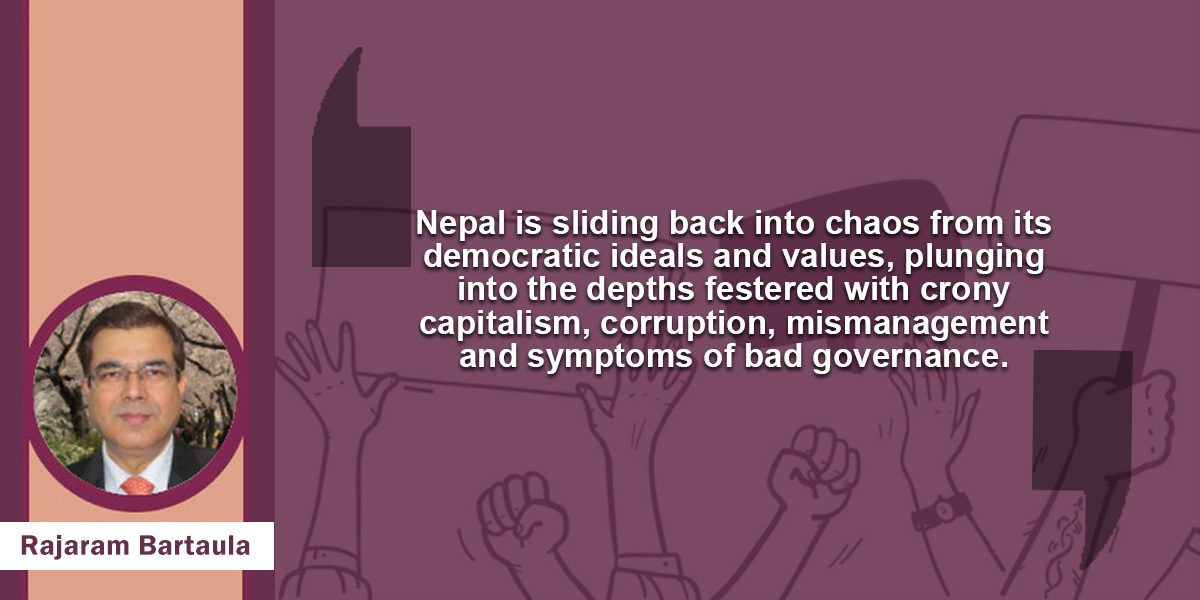
After the abolition of the monarchy, Nepal is practicing a republican system of governance with a pluralist democracy with the sovereignty of the state vested in the people. Since the people are sovereign, political powers are derived from them. “Republic”, the word derives from the Latin “res publica”, literally means “public thing”, or something held in common by the people. But in the Nepali context, it is the leaders whose whims and dictates have become the method of governance.
Nepal has adopted a representative parliamentary system of governance, which means a polity of pluralism, a competitive electoral system, and the rule of law. Since all powers are derived from the people, rules are drafted and adopted by the people’s representatives through the House of Representatives. It is commonly believed that as long as the House of Representatives is functioning, the majority in the House forms the government.
In the 275-seat House of Representatives, the Nepali Congress (NC) is the largest party with 88 seats, followed by the CPN-UML with 79. CPN (Maoist Center) has 32 seats, Rastriya Swatantra Party has 21, Rastriya Prajatantra Party (RPP) has 14 and CPN (Unified Socialist) has 10 seats.
The present coalition government, which has already lost the majority, is headed by the leader of the Maoist Center which has only 32 seats in the House. It is an irony of Nepali democracy that the mandate of the people to govern the country is not reflected in leading the government. A few days before, NC and UML reached an agreement to form a new government. Prime Minister Pushpa Kamal Dahal was claiming that he had the magical number in the House of Representatives and that he could lead the government for the full term.
If democracy is meant for the people, of the people and by the people, it is a deception towards their belief in the system. Nepal’s democracy is passing through a traumatic stage because of the ineptness of the leaders and the promotion of cronyism within a narrow circle which is creating a new class of political elites. The governments, regardless of which party is in power, have fallen into financial scandals and abuse of authority beyond comprehension, demanding an overhaul of the system.
Since 1991, most of the time, there has been a communist government in Nepal under different contexts and pretexts of coalition or majority. It seems that with the electoral outcome, the communist parties of Nepal have a strong popular base and influence at the grassroots level. Every existing political regime today claims to embody some form of democracy, like Russia under Vladimir Putin declaring a “sovereign democracy” and North Korea calling itself a “Democratic People’s Republic.”
Nepal’s democracy is passing through a traumatic stage because of the ineptness of the leaders and the promotion of cronyism within a narrow circle which is creating a new class of political elites.
In a changing global scenario, there are instances that with the herald of the 21st century democracy has gradually lost its foothold, and countries with democratic systems are sliding back gradually. Elected leaders have also developed the intuition to become authoritative. In Nepal, recent events illustrate this troubling trend. Attempts to dissolve the House prematurely, amend the media bill to restrict freedoms, and appoint cronies to coveted constitutional posts, all exemplify a left-leaning, high-ranking political figure’s drift toward authoritarianism. Such an act validates the saying that although all power is derived from the people, political power is not seated in the people after the election victory. They possess it only during the voting period.
Nepal is sliding back into chaos from its democratic ideals and values, plunging into the depths festered with crony capitalism, corruption, mismanagement and symptoms of bad governance. The country is governed by inept selected political elites who care less for their ideologies and democratic values and instead prefer to seek power and influence. The so-called socialists, UML and the Maoist Center which waged a people’s war for a decade for political change with the slogan of “Making a New Nepal”, as well as the NC, who prefers to be seen as social democrats, have all abandoned their political ideologies. They are always after power by breaking and making political alliances. There never was an alliance of like-minded or ideological similarities. Democratic and communist leaders have shamelessly compromised their ideological principles and personal integrity to secure positions of power. Nepal’s political dynamics, therefore, are driven by the relentless struggle for power rather than ideals, ideologies and national interests. This is one of the characteristics of a democratic deficit with primary symptoms of a failing state.
The top leaders of major parties are tainted with corruption allegations with some leaders already serving prison sentences. Corruption has percolated from top to bottom. Corruption has become a new normal and a flourishing culture in Nepal. Nobody feels guilt for conducting immoral and unlawful acts.
Nepal performs poorly in the Corruption Perception Index. In 2004, Nepal was ranked 90th, but by 2011/12, its position had worsened significantly to 154th out of 175 countries. Although there has been gradual improvement since then, Nepal’s rank in 2023 was still a concerning 108th out of 180 countries. Additionally, the 2024 report by the International Commission of Jurists places Nepal at 71st out of 142 countries in the Rule of Law Index.
The electoral system is often blamed for the political instability and frequent changes of the government since the reinstatement of democracy in 1991 and the establishment of a republican order in 2008.
The parties in government and their leaders are creating groups of diehard fans, henchmen and loyal supporters on social sites, propagating and disseminating false ideological propaganda and disinformation through the use of AI to portray their good faces. This is itself an attempt to defame democracy’s fundamental value of free speech. Creating fake accounts and passing negative remarks, bullying, harassing and often engaging in hate speech have become common on social sites. Such acts of AI-facilitated disinformation, including artificially created personae, pictures, videos, and speech, are certain to produce unsettling new vulnerabilities, particularly in nascent democracies like Nepal.
The electoral system is often blamed for the political instability and frequent changes of the government since the reinstatement of democracy in 1991 and the establishment of a republican order in 2008. Over the past three decades, Nepal has rarely witnessed a majoritarian government completing its full tenure. Throughout its history since 1950, no government has managed to serve a full five-year term to execute its manifesto fully. What does this signify? It signifies a developmental deficit caused by political turmoil, which breeds further instability, often influenced by internal and external forces. The ultimate sufferers are the common people.
The present situation of Nepal is not so different from 1945 in Eastern Europe. A bogus coalition is in place, and communists are playing political tricks and trials to defame the democratic system, as aptly said by Baburam Bhattarai, an ideologue of Maoism, once in the House of Representatives, “a place to sell dog meat by showcasing the head of a goat”. We are watchers waiting for the unexpected to happen when the tired and frustrated people come out into the street and revolt against the present system. Before this happens, it would be wise to review the constitutional arrangements and take prudent measures for necessary amendments.

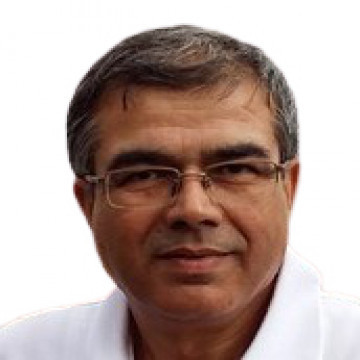
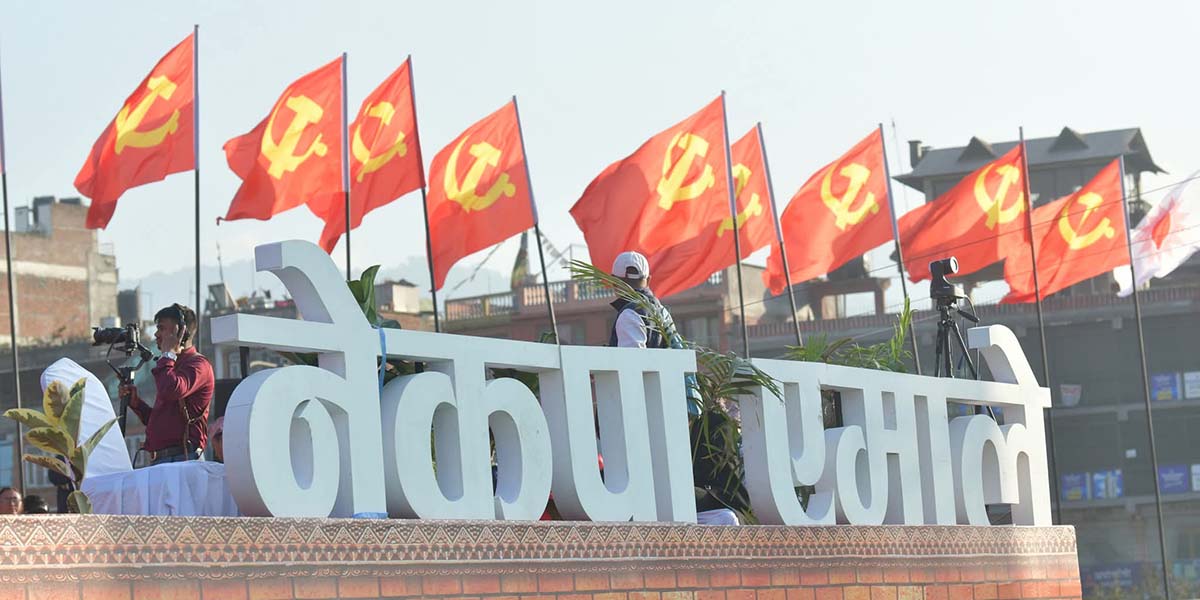
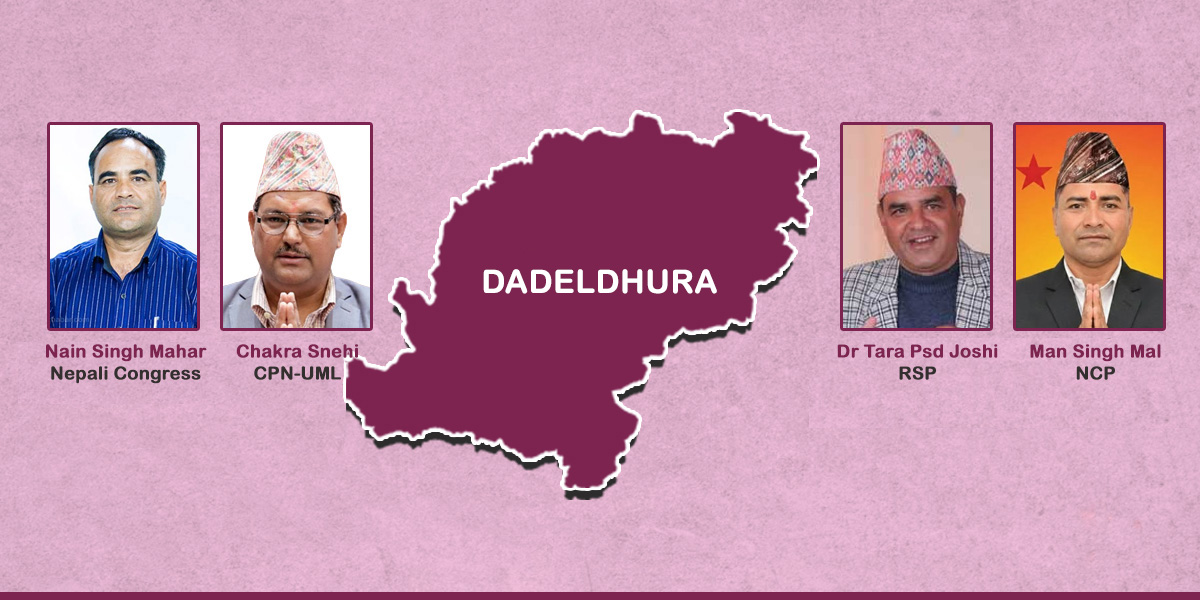
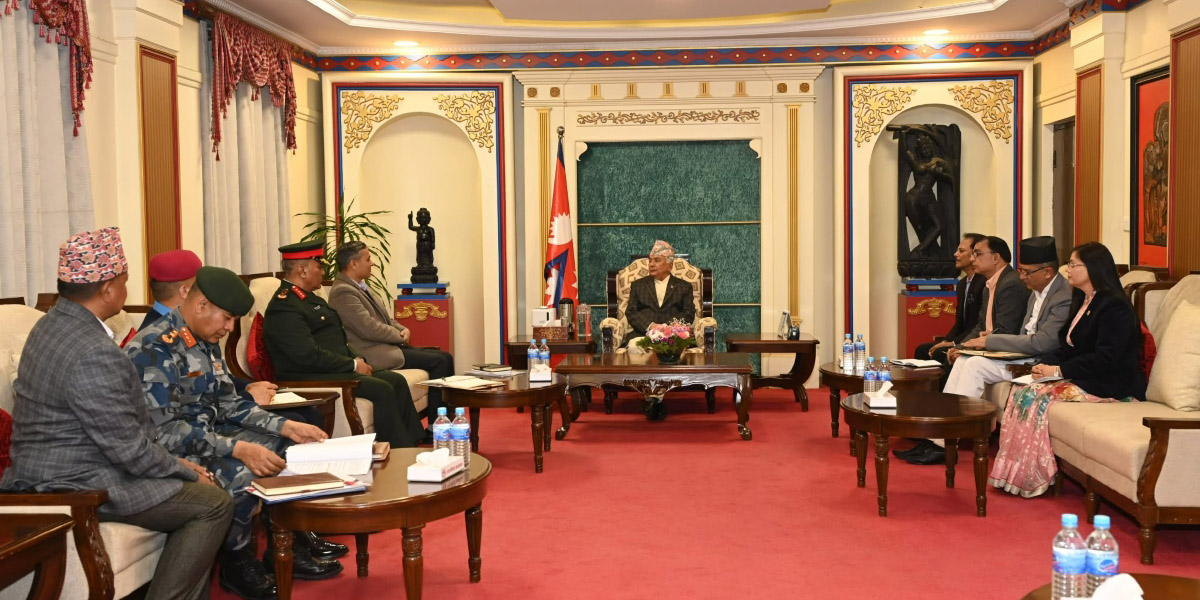
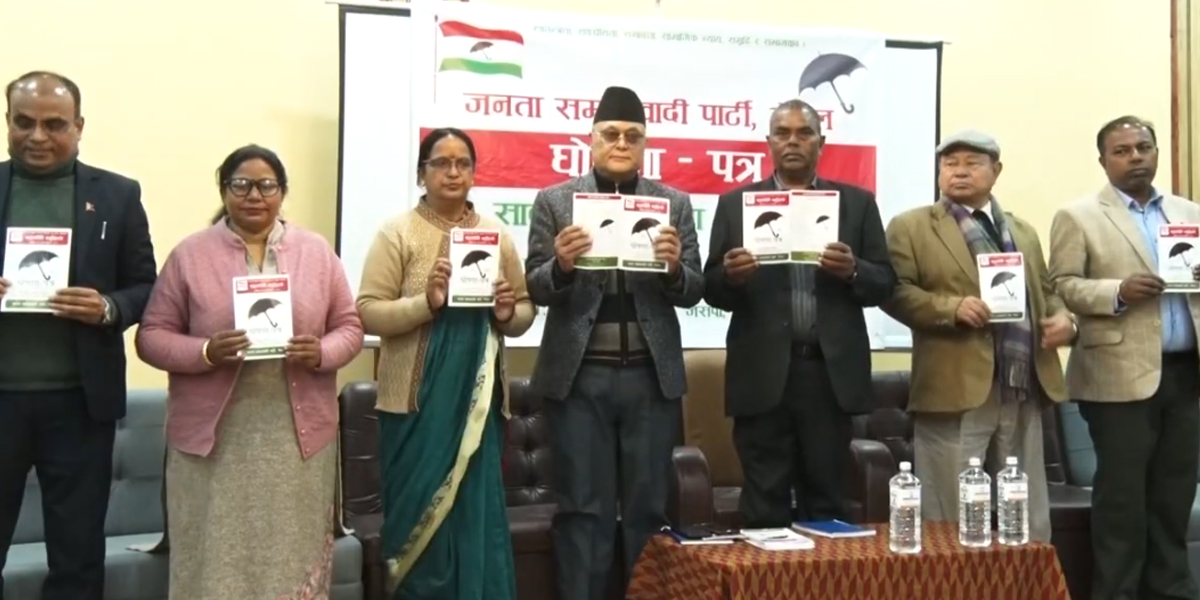
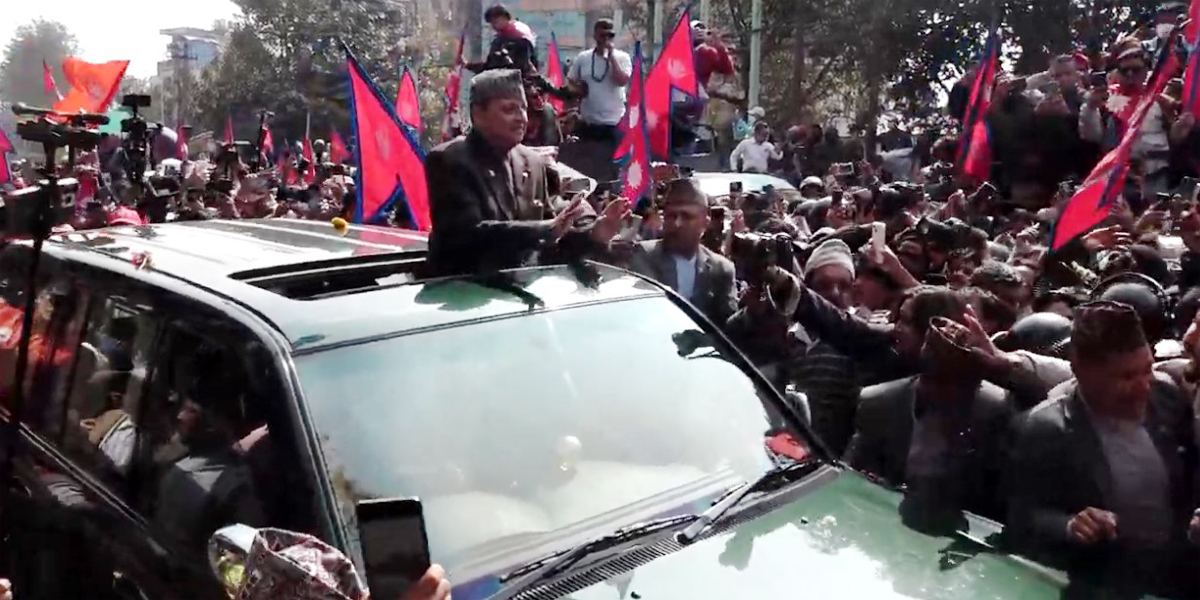
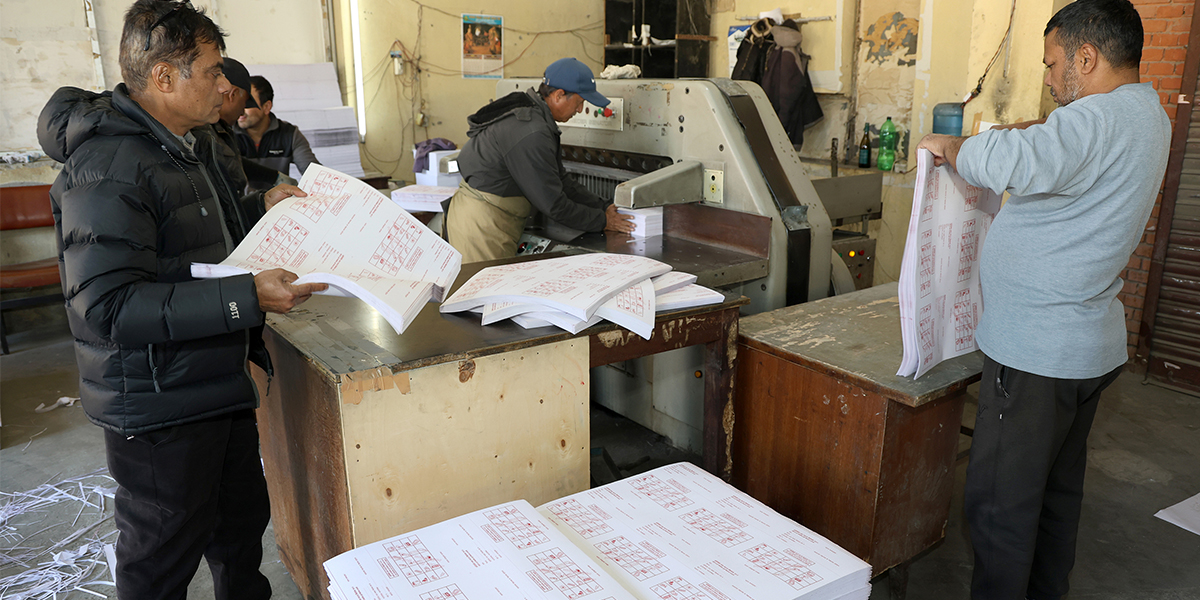
![Maha Shivaratri being celebrated across the country [With Pictures]](https://en.himalpress.com/wp-content/uploads/2026/02/HRB_KTMImage2026-02-15at7.37.40AM1.jpg)





